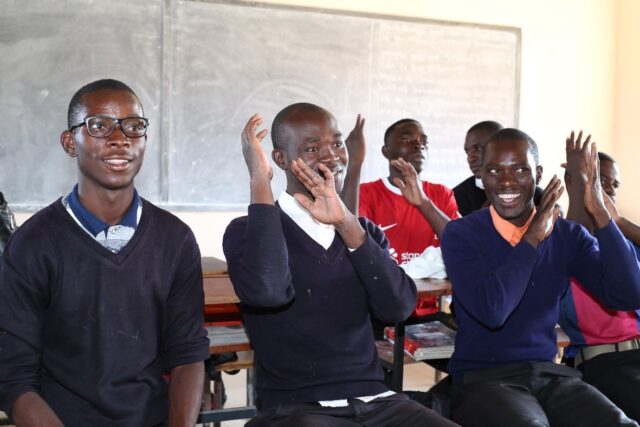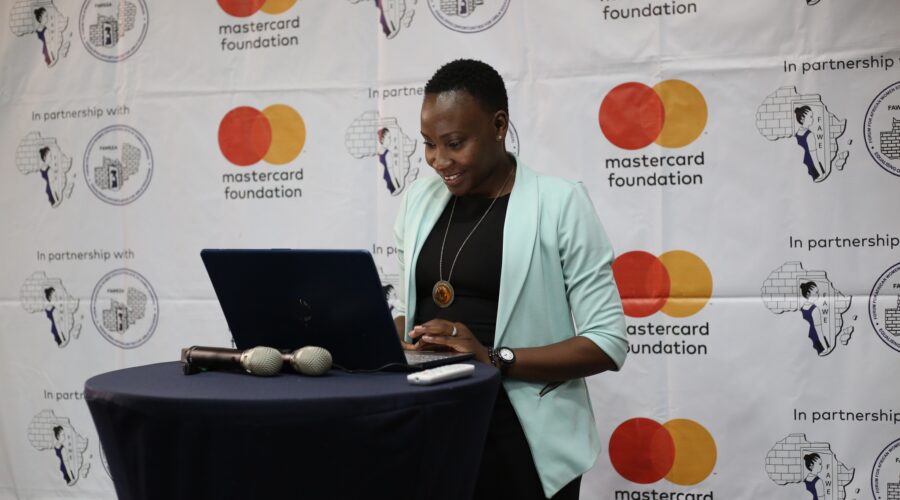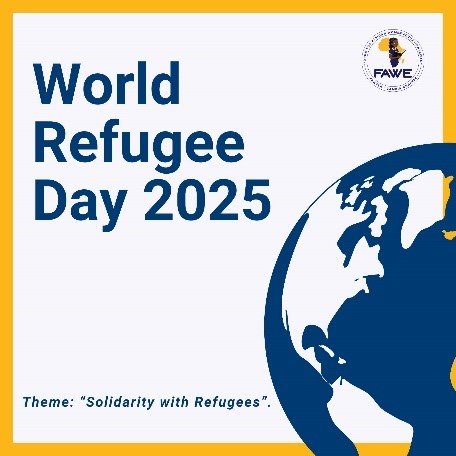Communities in Zambezi district North Western Province have been called upon to continue championing Sexual and Reproductive Health and Rights (SRHR) even after the formal close of the Make Way Program. The appeal was made during a community reflection meeting hosted by the Sexual and Environmental Protection Alliance (SEPA) in partnership with the Forum for African Women Educationalists of Zambia (FAWEZA).
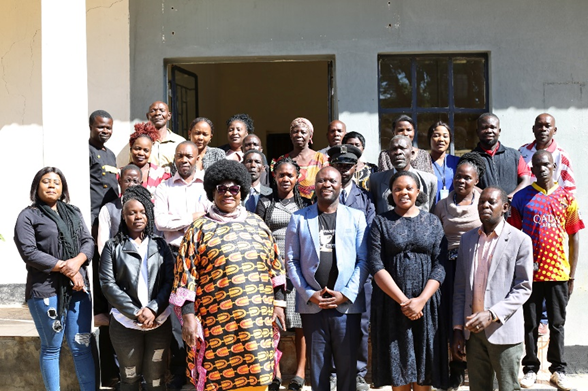
Speaking at the meeting, SEPA Chief Executive Officer, Ms. Mailes Muke, encouraged participants to remain ambassadors of SRHR, particularly in helping young people make informed decisions about their health.
“Continue spreading the message of SRHR. Let’s not be silent. When you speak out, you save lives and raise responsible future leaders and citizens,” she said.
Adding his voice, Zambezi East Town Council Chairperson, Mr. George Njolomba, noted that while the program is coming to an end, its gains must not be lost.

“This is not the time to drop our guard. Our communities must remain committed. Let’s create safe spaces for young people to access SRHR services without fear or intimidation,” he emphasized.
Mr. Njolomba further urged traditional and civic leaders to take deliberate steps to ensure that all young people, including those living with disabilities, have access to inclusive and non-discriminatory SRHR services.
Representing FAWEZA, Senior Programmes Officer for SRHR, Ms. Marriam Sakala, commended both SEPA and civic leaders for their commitment to the program’s success. She stressed that the positive outcomes being celebrated today were a direct result of collaboration between community members, leaders, and partners.
As part of the wrap-up, the Make Way Team also conducted follow-up engagements in Kitwe with religious and civic leaders, facilitated by partner organization CHEP. Leaders reflected on their role in influencing change at both community and service delivery levels.
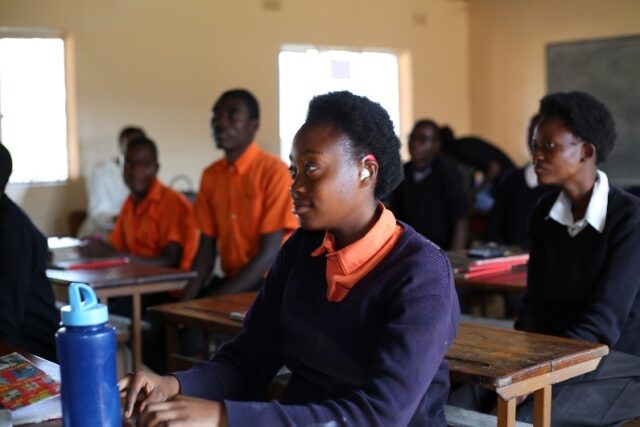
The team further visited SAfE Club schools in Kitwe Chibote, Mwekera, and Luangwa where discussions were held with learners on SRHR and education opportunities under the Mastercard Foundation Bursary Support Programme, with particular emphasis on access for persons with disabilities. At Chibote Combined School, the team interacted with a unique SAfE Club comprising learners with hearing and speech impairments, reinforcing the program’s commitment to inclusive participation.
As part of the visit, the team provided information on the Mastercard Foundation bursary support program, emphasizing opportunities available for persons with disabilities.
